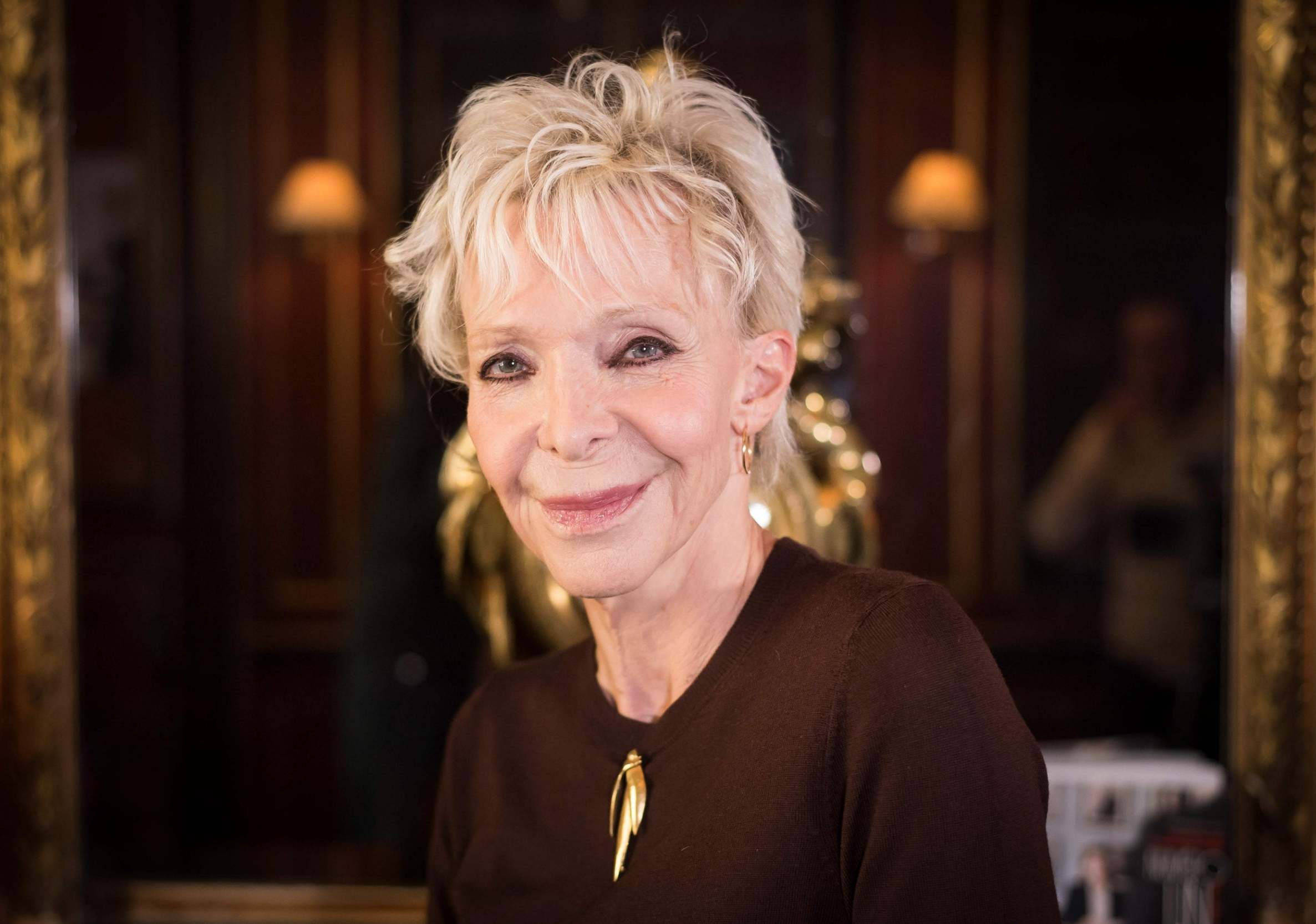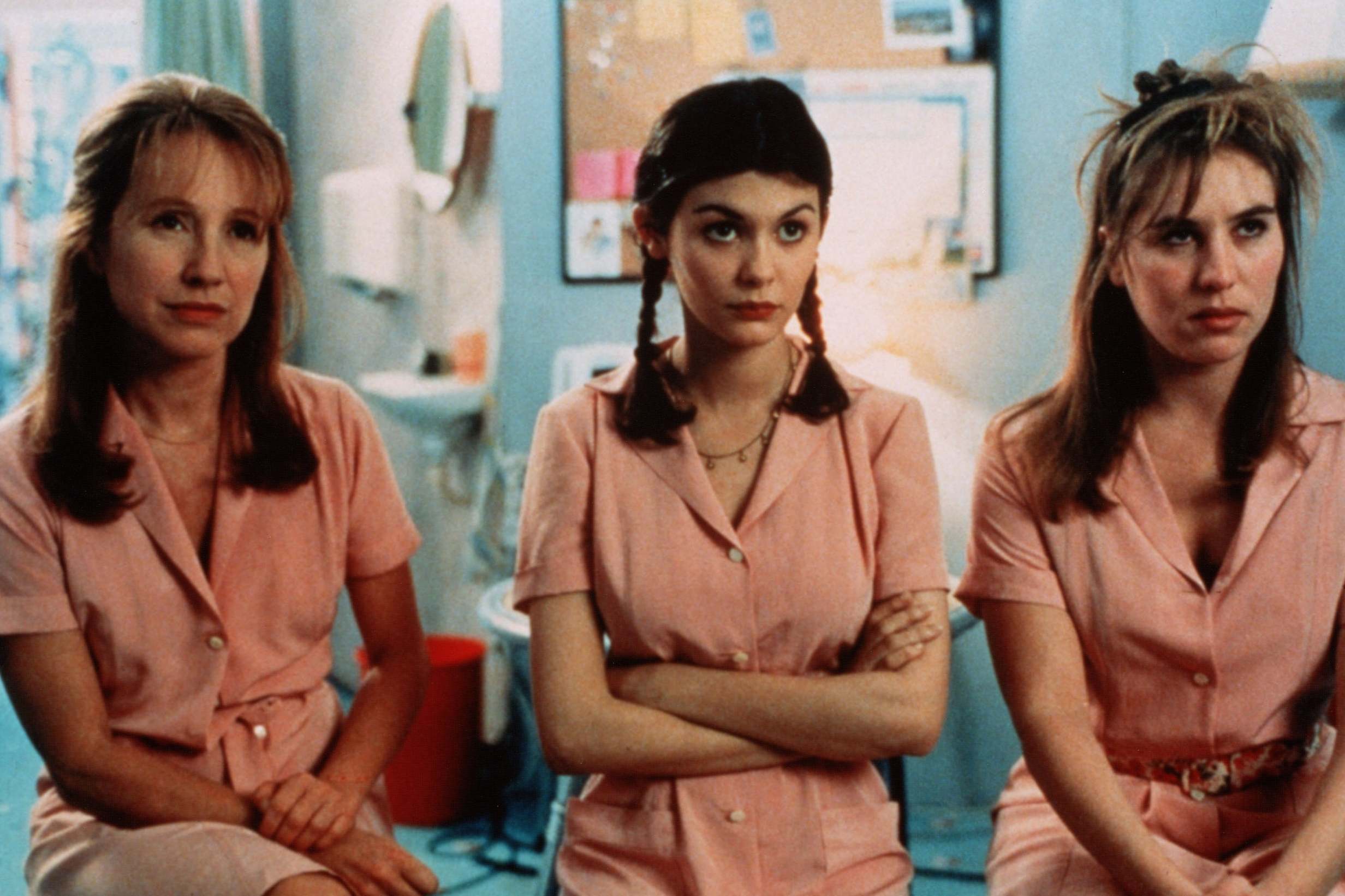Tonie Marshall: French director and actor who spoke out against cinema’s chauvinism
She put strong female characters at the centre of her work and was the only woman to win a French Cesar award for Best Director

Your support helps us to tell the story
From reproductive rights to climate change to Big Tech, The Independent is on the ground when the story is developing. Whether it's investigating the financials of Elon Musk's pro-Trump PAC or producing our latest documentary, 'The A Word', which shines a light on the American women fighting for reproductive rights, we know how important it is to parse out the facts from the messaging.
At such a critical moment in US history, we need reporters on the ground. Your donation allows us to keep sending journalists to speak to both sides of the story.
The Independent is trusted by Americans across the entire political spectrum. And unlike many other quality news outlets, we choose not to lock Americans out of our reporting and analysis with paywalls. We believe quality journalism should be available to everyone, paid for by those who can afford it.
Your support makes all the difference.The French director and actor Tonie Marshall was the only woman ever to win the Cesar award – France’s equivalent of the Oscars – for Best Director in 2000. Noted for her whimsical movies that featured strong and complex female leads, Marshall, who has died aged 68, was an outspoken critic of the industry’s lack of diversity and vocal supporter of the MeToo movement.
She began directing in the late 1980s after a two-decade-long acting career in TV and film that she eventually found stifling for her creativity. She worked with some of France’s most accomplished female actors, including Audrey Tautou, Nathalie Baye and Anemone.
Wondering why women rarely found themselves in decision-making positions in top companies – the central premise of her final film Numéro Une (2017) – Marshall said at the time of that film’s release: “It’s curious because it seems to me it’s been a while since this was supposed to be happening. If there were more women in preponderant positions, things could change, move along.”
In her research for Numéro Une – the story of an executive who is asked to be the first female CEO of a company amid rampant misogyny – and through her own observations, she concluded: “Unlike men, women doubt themselves and their capacities even before considering whether they want these roles or not.”
Anthony-Lee Marshall was born into a film-industry family in Neuilly-sur-Seine, a wealthy commune west of Paris, in 1951. Her father, William Marshall, was an American singer, producer and director from Chicago, while her mother, Micheline Presle, was an actor whose eyes were set on Hollywood and who would achieve some success in French cinema.
Impressed by her mother’s lifestyle and career, Marshall decided at an early age that she wanted to become a performer. As a child she took dancing lessons, and director and actor Jean-Laurent Cochet gave her acting classes.
At 20 she landed the first of a series of TV roles, and two years later she joined her mother and other stars including Marcello Mastroianni and Catherine Deneuve on the set of A Slightly Pregnant Man, a 1973 film by New Wave director Jacques Demy. His films would go on to have a heavy influence on her directing style.
The following year she joined a theatre company, the Theatre Populaire de Reims, and also continued her on-screen career until the late 1980s, starring in 15 films and comedic TV mini-series such as Merci Bernard (1982-84) and Palace (1989).

Dissatisfied with the roles she was being offered, she looked to a future behind the camera. Her debut as writer and director was Pentimento (1989), a story about a romance that begins at a funeral.
In 1993 she formed her own production company, TaboTabo Films, and directed six of her own films, including the detective film Pas très catholique (1994) and her most notable success, Venus Beauty (1999). This romantic comedy, centred on the lives of three women working at a beauty parlour, failed to attract funding from production companies and took four years to make, shot on a low budget. But at the following year’s Cesar awards, Marshall won for Best Director, Best Screenplay and Best Film, with Audrey Tautou named Most Promising Actress.
Her other films in this period included Tontaine et Tonton (2000) and France Boutique (2003), and she also produced works by other directors. “I like to tell stories but my life won’t be long enough to tell them all,” she said. “So you might as well push other people’s work.”
Later in life she became a prominent figure in the fight against sexism in the French film industry, and in 2018 she became an ambassador for Fondation des Femmes, a charity that tackles gender-based violence.
She is survived by her husband Olivier Bomsel, whom she married in 1990.
Tonie Marshall, director and actor, born 29 November 1951, died 12 March 2020
Join our commenting forum
Join thought-provoking conversations, follow other Independent readers and see their replies
Comments